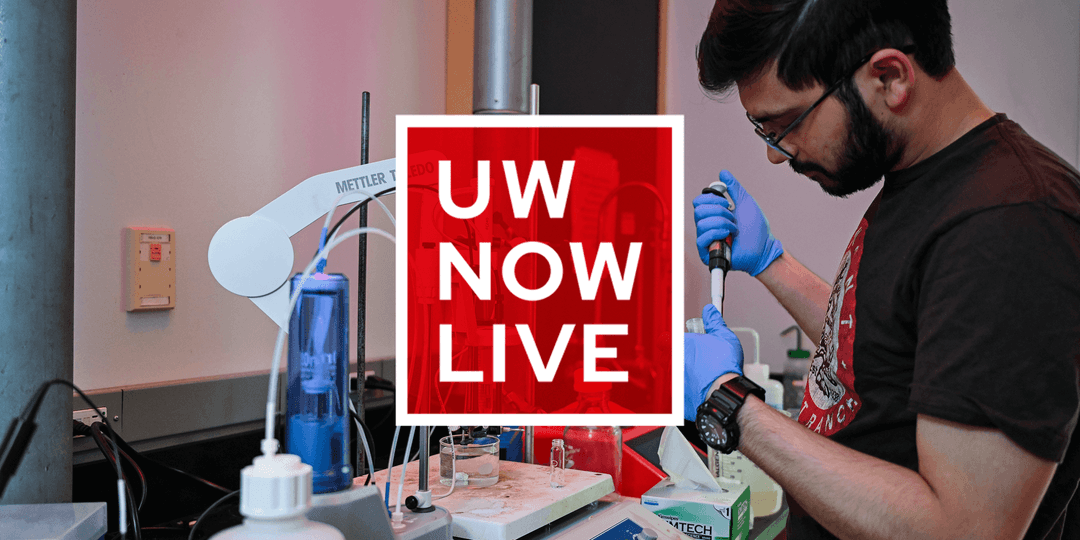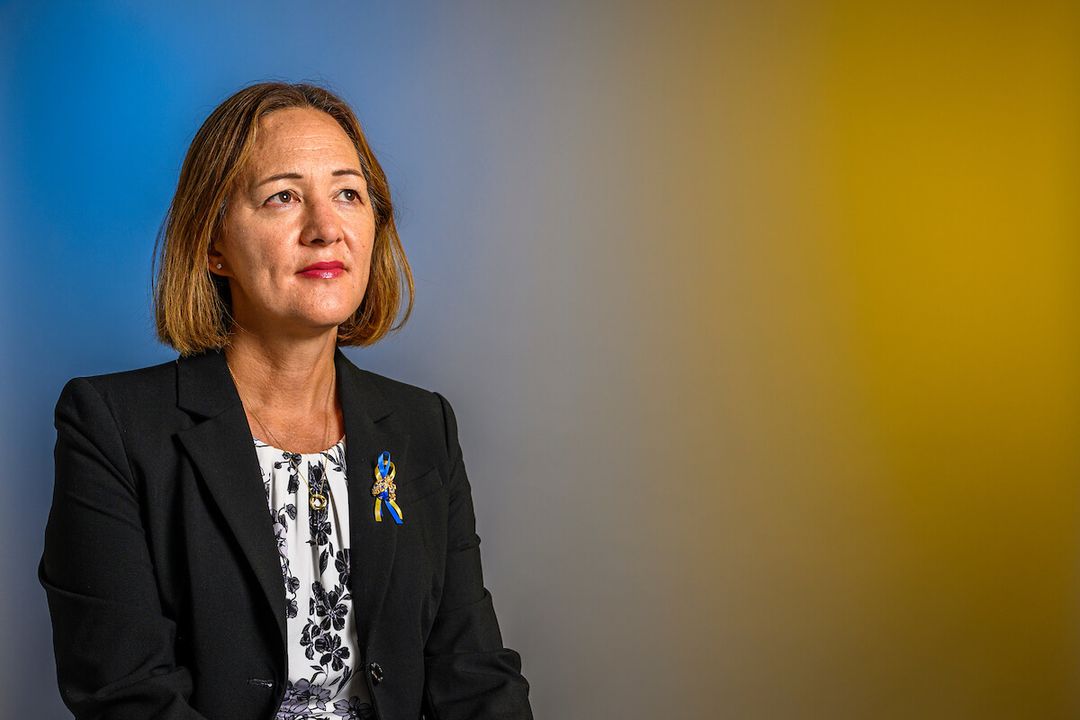When it comes to the UW’s approach to Alzheimer’s disease, the important thing to know, says Sanjay Asthana, is that the program is comprised of three pillars: the Wisconsin Alzheimer’s Disease Research Center (ARDC), the Wisconsin Alzheimer’s Institute, and the medical school’s Division of Geriatric medicine and Gerontology.
“UW–Madison is probably the only program in the country where there are three pillars,” Asthana says. “ADRC conducts research across the full spectrum of Alzheimer’s research; the Wisconsin Alzheimer’s Institute is focused on public health, on educating the lay public and health care professionals across the state; the division of geriatrics brings in the clinical side. The uniqueness here is that we do research across the full spectrum of dementia, but then we also take it to the clinic and treat people who are suffering from the disease.”
Asthana takes great pride in the uniqueness of the program, but then he largely built it. He’s the founding director of the ADRC. After a global education — medical school at the University of Delhi in India, training at teaching hospitals in Manchester and Nottingham in England, internal medicine residency at the University of Saskatchewan in Canada, a geriatrics fellowship at Johns Hopkins University in Maryland — he was recruited to create UW–Madison’s Alzheimer’s research program in 2001. That three-pillared program has made the university “truly world-renowned in Alzheimer’s,” he says.
On the May 21 UW Now Livestream, Asthana will join UW physicians Amy Kind ’96, MD’01, PhD’11 and Nate Chin ’06, MD’10 to talk about current directions in Alzheimer’s research and care. The livestream will also celebrate the 175th anniversary of the UW’s founding.
My Chief Areas of Research Are:
I have three major areas: treatment trials, social determinants of health, and biomarkers. For over 20 years, I’ve done multiple clinical trials of new medications in people with Alzheimer’s disease. In the last eight to 10 years, [I’ve done work] examining the impact of social determinants of health — this includes factors like someone’s income, education, employment, their social network, and neighborhood. And then biomarkers are tests that can pick up the Alzheimer’s pathology — brain imaging or examining the cerebral spinal fluid that you obtain through lumbar puncture, and, what is the most exciting is, blood-based biomarkers.
On The UW Now Livestream, I’ll Talk About:
I’m going to provide an overview of the UW Alzheimer’s disease research program. I’ll discuss about [how] we don’t just do research. We actually provide patient care. In fact, UW Health is really well known in providing care to patients and their families with Alzheimer’s disease and other dementias. I’ll talk about the major pillars of the Alzheimer’s program, which involves the university, the medical school, and the university hospital.
The One Thing I Want Viewers to Remember Is:
We are in the most exciting time in Alzheimer’s research in two major areas. One, the Alzheimer’s therapeutics: for the first time, the FDA approved disease-modifying treatments for Alzheimer’s disease. It is a monumental accomplishment for the field. And number two, blood-based biomarkers: that is where the real excitement is. Eventually there will be blood tests approved by the FDA that will help us in the diagnosis of Alzheimer’s disease. These are very exciting, productive times in Alzheimer’s research.
To Get Smart Fast, See:
- The National Institute on Aging, which is a part of the NIH: they have an outstanding website. You can have a lot of information on Alzheimer’s disease and the latest research.
- The Wisconsin ADRC: they have excellent information on ongoing research for patients and scientists.
- The Alzheimer’s Association: they have very extensive information on all aspects of Alzheimer’s, including caregiving, how families should cope with the stress and impact of the disease, and latest progress in Alzheimer’s research.




